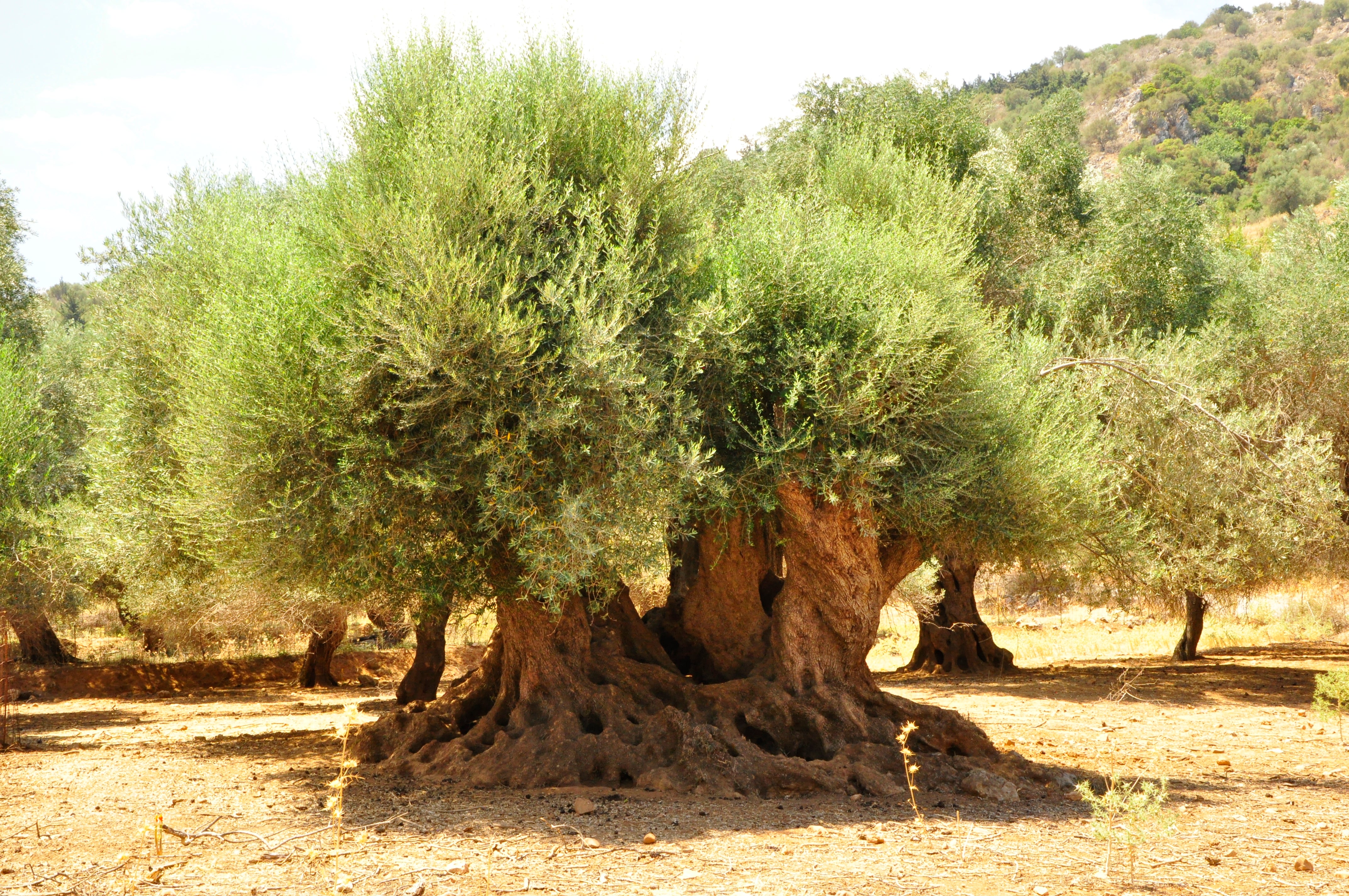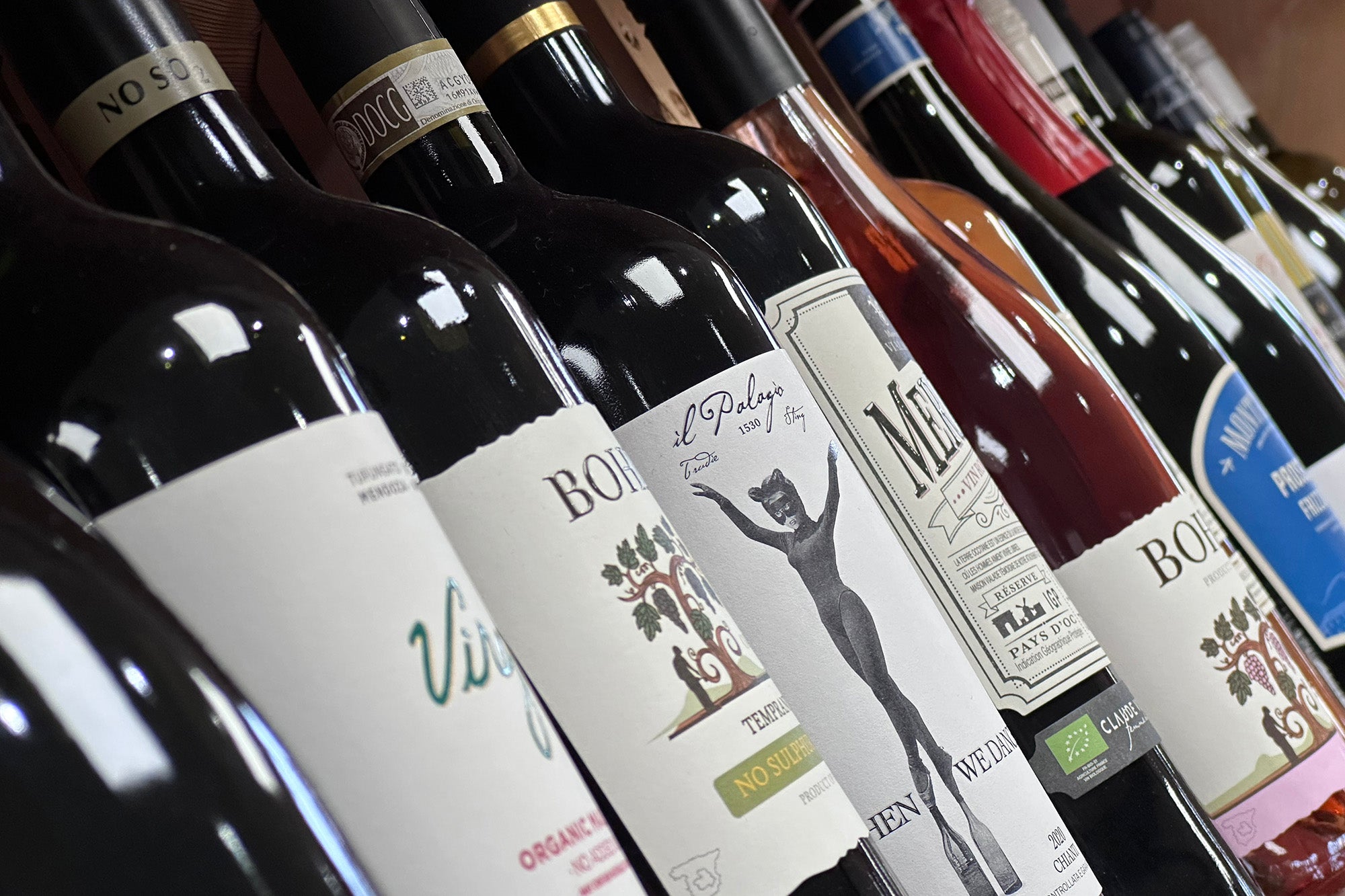Operation Watertight 2 - What's the Story?

Download the Brief by clicking this!
What's the Story?
Across the Mediterranean, droughts and floods are disrupting major harvests and markets in a huge way. The olive harvest in most of Europe has, to all intents, just failed for the second successive year which now presents a very real threat for the future of the entire olive industry.
Prices for olive oil have reached record highs both at origin and in retailers - the latest update is that Spain has a shortfall of some 20,000 tonnes per month; Italy has effectively run out of oil; Tunisia and Turkey have both ceased exports and Greece only has enough to fulfil domestic needs. Here in the UK, some suppliers are even beginning to ration customers.
Of the EU’s 5 million hectares of olive groves more than half are in Spain. 35% of Spain’s farm workers work in the olive industry. Almost 74% of the EU’s olive oil is produced in Spain with a further 22% divided equally between Greece and Italy. Some areas in Greece have reported a 90% reduction in yield and whole regions in Italy did not harvest at all.
The outlook for 2024 is not looking very much better: Spain continues to experience its worst drought on record with most reservoirs at only 20% capacity and some as low as 5%. Other countries are reporting similar issues.
The cause? Climate change.

Why does this matter?
The environmental and financial significance of the olive harvest to the region cannot be overstated. The European Union is the world’s largest olive oil producer, with 70 to 75 percent of the world’s olive oil supply originating in nine countries: Spain, Italy, Greece, Portugal, France, Croatia, Slovenia, Cyprus and Malta with a production value of over €7 billion annually.
Across the globe there are some 11 million hectares of olive trees, forming the largest manmade forest that removes 4.5 tons of carbon dioxide per hectare from the atmosphere totalling a reduction of 49.5 million tonnes of CO2 every year. Each tree planted and tended to by humans who depend upon them for their livelihood and have become a crucial lever for reducing CO2 levels across the world.
The International Olive Oil Council has estimated that the production of one litre of olive oil has a positive carbon balance, reducing more than 10 kilograms of carbon dioxide from the atmosphere.
As the climate rapidly changes, farmers and producers will need to adapt and, as a business that needs close relationships and regular supply, we want to understand and support them in determining the right actions and doing whatever is needed.
Why is that so important?
Olives Et Al is one of the longest standing independent artisan, specialist food businesses in the UK with a reputation for outstanding products and service. It was created by Annie and Giles Henschel in October 1993 following their motorcycle expedition around the Mediterranean, Middle East and North Africa.
In 1992, as an extended honeymoon, Ex Dancer, Annie and Ex Army Captain, Giles, planned to circumnavigate the Mediterranean Basin wanting to raise the issues of pollution, lack of fresh water and water rights across the region which, being environmentally aware and concerned, they felt strongly about.

They named the project Operation Watertight and many organisations supported the initiative. Leaving the UK in September 1992 and returning late June 1993 they covered a combined total of around 38,000 miles across the region. During the trip, they used food as a sort of ‘social lubricant’ to help open conversations to find out more about the issues being faced caused by water or the lack of it. On arriving back in the UK, they missed the foods they had discovered and started to make their own using the recipes and techniques they’d gathered at first hand from the people they met along the way.

Olives Et Al was born in the UK on the 28th October 1993 and is now in it’s 31st year of trading and, over the years, has become a major influence on the Mediterranean food scene across the UK and beyond and has been the inspiration for many other businesses. Always fiercely independent, the two founders, Annie and Giles, have held onto the same two motorbikes and swore they’d be the last things they sold before going bankrupt. They say it’s been close once or twice and, now that Climate Change is presenting an existential threat to their business, they’ve decided it’s time to get back on the same bikes and do it all again.
Same Bikes. Different Challenge.

OPERATION WATERTIGHT 2
Some 32 years since they first set off and, armed with 30 years’ experience of working across the region, the founders have decided to do a similar trip on the original two bikes but with renewed purpose.
They want to find out, from those that are on the ground every day, not politicians or theorists, but the farmers, growers and producers, what the real situation with climate change in the Mediterranean is; what they are doing about it today, how they feel it will affect us in the future and what can be done to mitigate the effects.
Riding 8000 miles across 15 International Borders over 90 days this unique insight into climate change and the challenges faced will be shared on their return so that every individual they talk to can be made aware of the experiences of the many across the region.
They hope that, by doing so, more awareness of how the entire region and the total ecosystem of farmers and industry dating back generations is being affected and that the right corrective actions can be identified for the region - not just local initiatives that, individually, will have little overall effect.

Is it sustainable?
Yes. Thoroughly. Re-using the original two motorcycles and much of their original gear makes the trip highly sustainable as the carbon footprints created when the bikes were originally made well over 30 years ago have long since faded.

The bikes themselves are completely analogue (much like Giles & Annie) and have no microchips or mineral and energy hungry modern conveniences. Using new machines could detract from the overall aim of researching the real effects of climate change on the harvests and the people that depend upon them for their livelihoods.
In addition, the couple are travelling light, tenting or sofa surfing wherever possible. Most of the equipment they will be carrying will be charged through solar as they travel.
When & Where?
They leave the UK on 5th April and return 2nd July 24. They have mapped around 50 farmers, growers, producers, suppliers and contacts who they already either deal with or are close personal contacts who they plan on visiting as well as seeking to get input from others they meet along the way.
All in all the expedition promises a unique insight into climate change across an entire region drawn directly from those that are living it daily.


